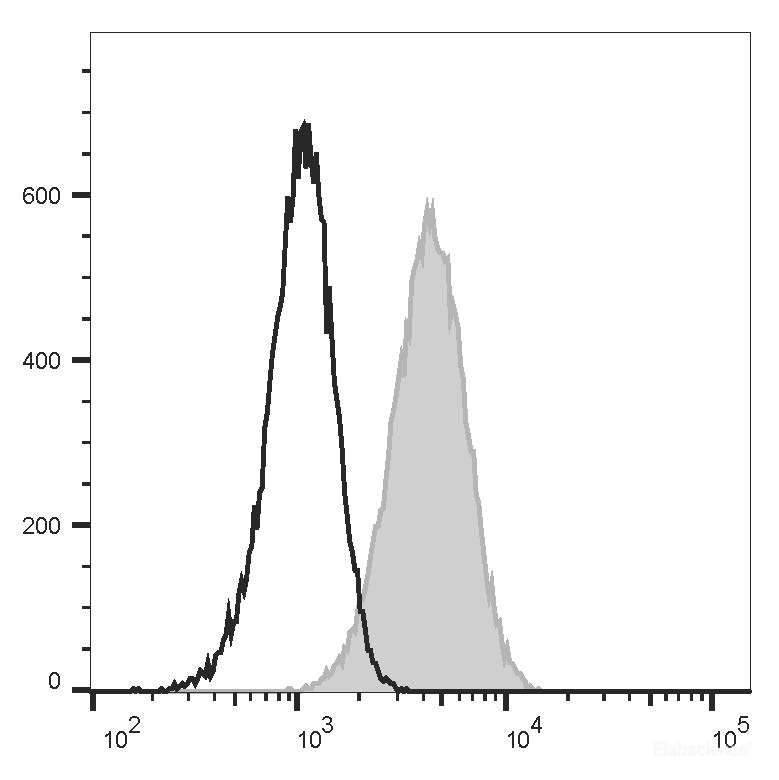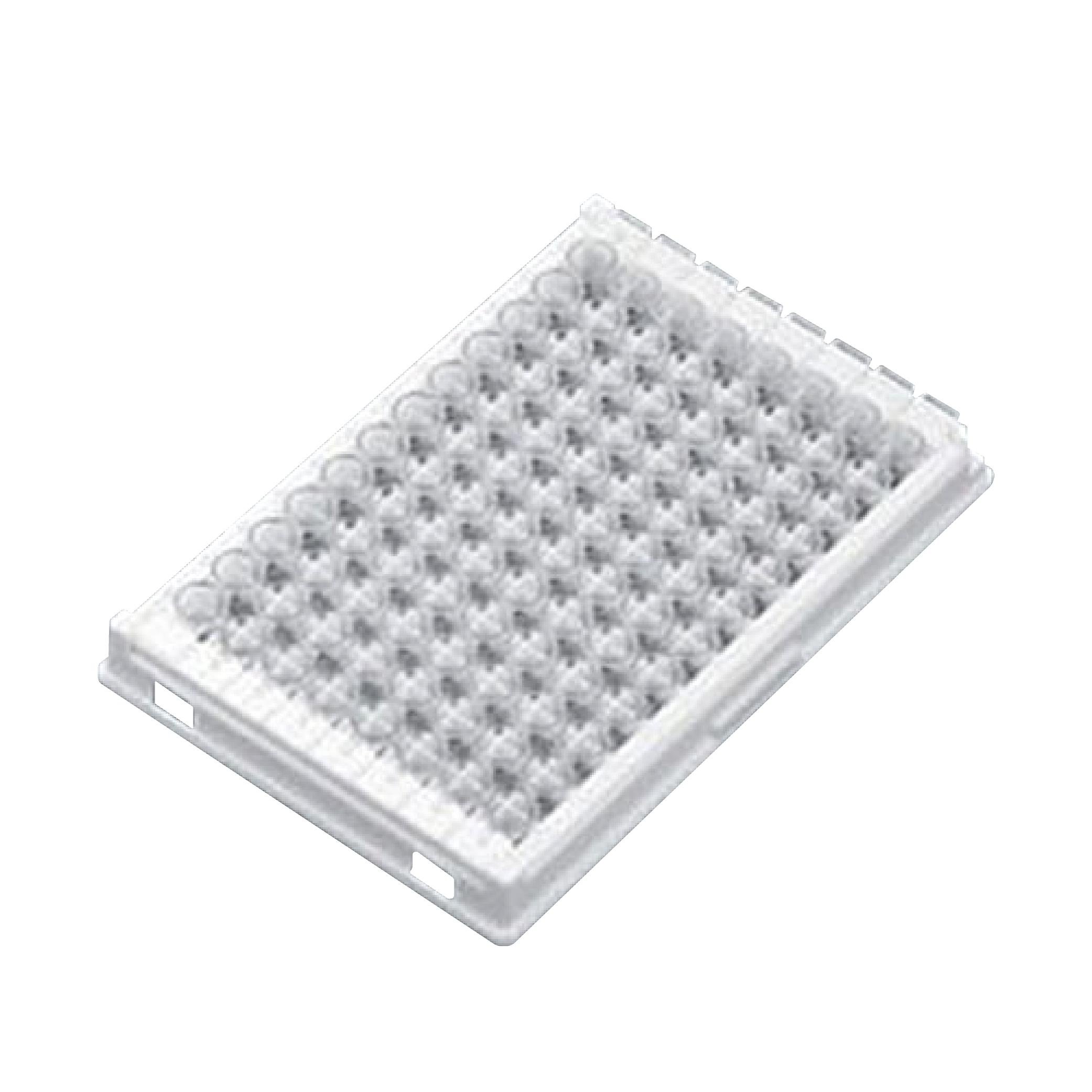- Empty cart.
- Continue Shopping
Antigen Details
| Alternate Names | T-lymphocyte activation antigen CD80,Cd80,Activation B7-1 antigen,B7 |
| Swissprot | Q00609 |
| Gene ID | 12519 |
| References |
1. Barclay AN, et al. 1997. The Leukocyte Antigen FactsBook Academic Press.
2. Linsley PS, et al. 1991. J. Exp. Med. 174:561. 3. Salomon B, et al. 2001. Annu. Rev. Immunol. 19:225. |
Product Details
| Form | Liquid |
| Clone No. | 16-10A1 |
| Host | Armenian Hamster |
| Isotype | Armenian Hamster IgG |
| Isotype Control | Elab Fluor??Violet 450 Armenian Hamster IgG Isotype Control[PIP] [Product E-AB-F09852Q] |
| Reactivity | Mouse |
| Application | FCM |
| Storage Buffer | Phosphate buffered solution, pH 7.2, containing 0.09% stabilizer and 1% protein protectant. |
| Recommended Use | Each lot of this antibody is quality control tested by flow cytometric analysis.?The amount of the reagent is suggested to be used 5 ?L of antibody per test (million cells in 100 ?L staining volume or per 100 ?L of whole blood).?Please check your vial before the experiment. Since applications vary, the appropriate dilutions must be determined for individual use. |
| Shipping | Biological ice pack at 4? |
| Stability & Storage | Keep as concentrated solution. Store at 2~8?C and protected from prolonged exposure to light. Do not freeze. Centrifuge before opening to ensure complete recovery of vial contents. This product is guaranteed up to one year from purchase. |
| Conjugation | Elab Fluor??Violet 450 |
| Elab Fluor??Violet 450 is designed to be excited by the violet laser (405 nm) and detected using an optical filter centered near 450 nm (e.g., a 450/45 nm bandpass filter). | |
|
|
|
How to select the appropriate detection channel through the spectrogram?
Background
| CD80 is a 60 kD highly glycosylated protein. It is a member of the Ig superfamily and is also known as B7-1, B7, and Ly-53. CD80 is constitutively expressed on dendritic cells and monocytes/macrophages, and inducibly expressed on activated B and T cells. The ligation of CD28 on T cells with CD80 and CD86 (B7-2) on antigen presenting cells (such as dendritic cells, macrophages, and B cells) elicits co-stimulation of T cells resulting in enhanced cell activation, proliferation, and cytokine production. CD80 appears to be expressed later in the immune response than CD86. CD80 can also bind to CD152, also known as CTLA-4, to deliver an inhibitory signal to T cells. |
























